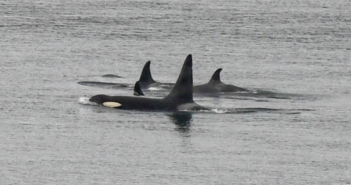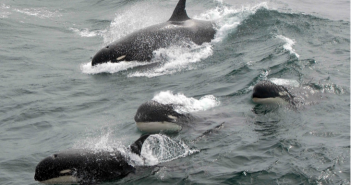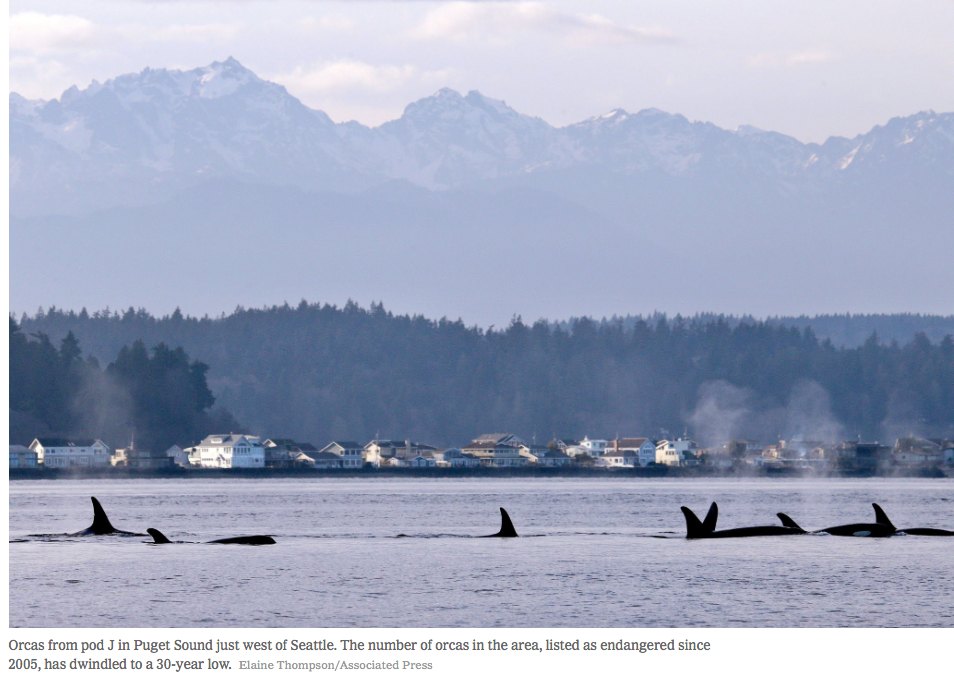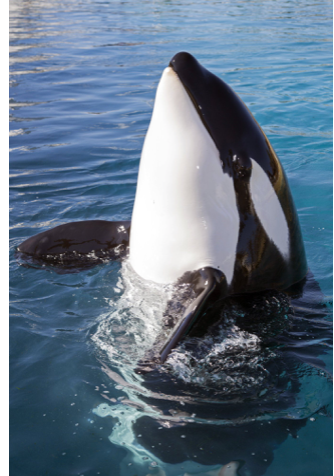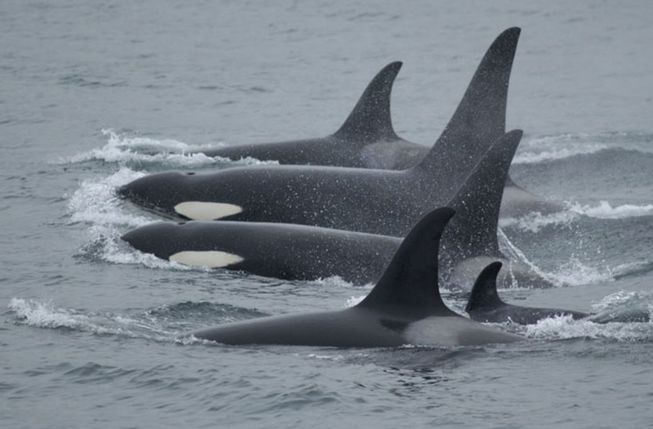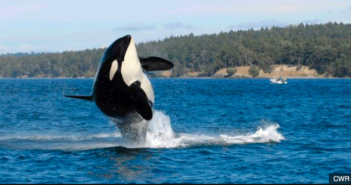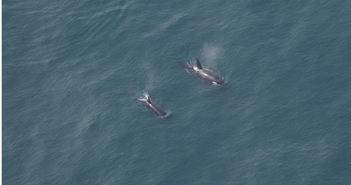
Orcas Spotted South of Nantucket
Orcas, it seems, are moving north. Last Sunday, a group of scientists from the New England Aquarium on an aerial survey spotted a pod of four orcas about 40 miles south of Nantucket. They were surprised to see orcas that far north; they usually stay in warmer water farther south. “It’s always unusual to see killer whales in New England waters,” said Orla O’Brien, who led the Aquarium’s team. Katherine McKenna, another scientist on the plane, said, “As we circled the area, two whales surfaced too quickly to tell what they were. On the third surfacing, we got a nice…

